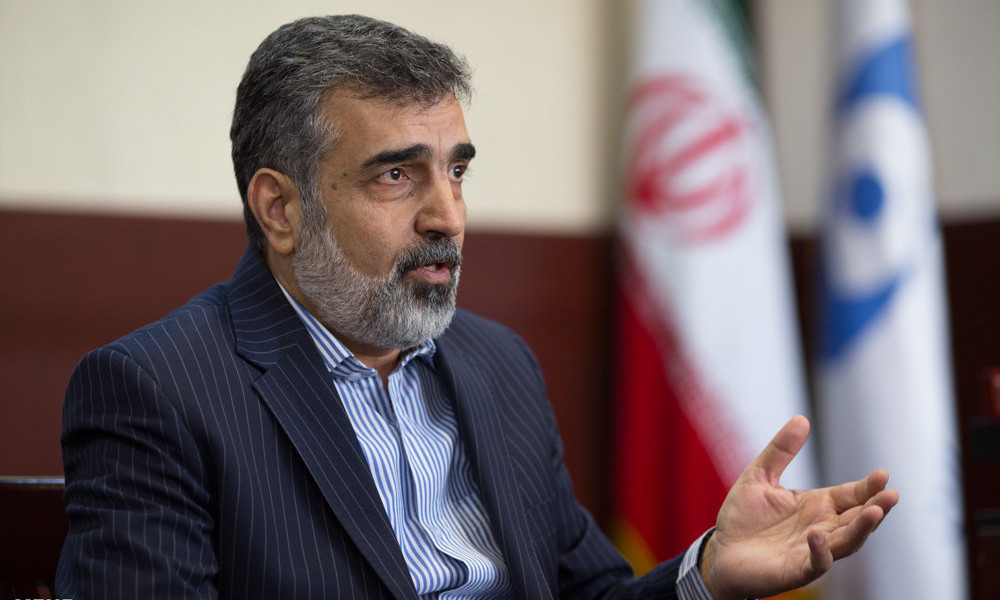Iran’s Atomic Energy Organization has accused three unnamed countries of leaking a confidential document about implementation of the July 2015 nuclear agreement between Tehran and the 5+1 Powers.
Spokesman Behrouz Kamalvandi’s statement on Saturday followed a denial by the International Atomic Energy Agency that it had given the document to the Associated Press in mid-July.
The row started on July 18 when AP reporter George Jahn — a long-time contact for Western officials seeking to put out information — wrote that “key restrictions on Iran’s nuclear program…will ease in slightly more than a decade, cutting the time Tehran would need to build a bomb to six months from present estimates of a year”
Jahn said the document — “the only part linked to last year’s deal between Iran and six foreign powers that hasn’t been made public” — was “given to the AP by a diplomat whose work has focused on Iran’s nuclear program for more than a decade, and its authenticity was confirmed by another diplomat who possesses the same document”.
While the AP presented the document as a dramatic revelation of Iran’s ability to quickly resume its nuclear program after 2025, analysts noted that the essence was known at the time of the agreement between Tehran and the 5+1 Powers (US, Britain, France, Germany, China, and Russia). They also said that the claim about a reduced “breakout time” was exaggerated.
A statement from the State Department also put these points:
There is no secret document or secret deal. As for breakout times after the initial ten years of the deal, we have always been clear about the fact that the breakout period comes down after year 10.
The prohibition on Iran’s pursuit of a nuclear weapon — and our ability to monitor the peaceful nature of its nuclear program — remains
in effect indefinitely, however. The breakout time does not go off a cliff nor do we believe that it would be cut in half, to six months, by year 11. The JCPOA [nuclear deal] ensures that Iran’s breakout timeline comes down gradually after year 10, in no small part due to the continued restriction on Iran’s stockpile of enriched uranium until year 15.
However, Iran’s sensitivity over the leak was shown on July 24, when Kamalvandi said Iran would submit a note of protest to the IAEA over the matter.
The spokesman said:
We suspect three countries complicit in the leakage. Of course, we are not concerned if the whole documents would be one day disclosed, but they should not be given over to foreign media so quickly.
The Iran-IAEA cooperation document which is about Islamic Republic’s nuclear program is highly confidential.
The leak also fed long-time US-based critics of the nuclear agreement. David Albright of the Institute for Science and International Security insisted that the plan in the document would “create a great deal of instability and possibly even lead to war, if regional tensions have not subsided”.
The Foundation for the Defense of Democracies put out a statement by Olli Heinonen, a former IAEA Director-General, that insisted “Tehran’s breakout time will shrink to a few weeks or less” after the 10-year limit expires.

